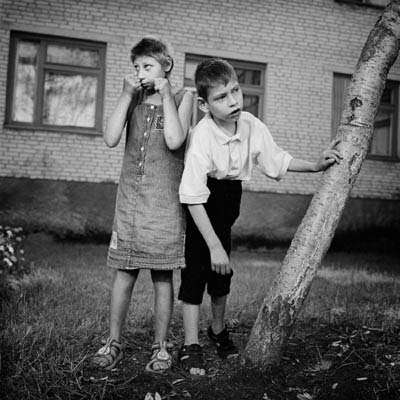My original motivation in signing up for this class was one of desperation, I had foolishly waited to the deadline to choose my classes and all of the other interesting history classes were full. It wasn’t until after I clicked submit that my brother, a junior here at Union informed me that it was an upper-level course. He then rather maliciously told me that I was going to fail because I’m only an ignorant freshman. It’s safe to say that I was terrified and had no idea what to suspect, as a history major/geek the idea of combining history and science is fascinating, and when I saw that the title to one of the required books was “Nazi Science”, well I just got excited. My parents and brother told me all summer that I was making a big mistake in taking the course and would regret it immensely. Upon having completed this course I am especially pleased to say that they were completely wrong!!! This term physics and politics was by far my favorite course.
I enjoyed the physics part of the course for the very simple reason that the focus of the physics was the concepts and not the math behind it. I am horrible at math and this course allowed me to pursue my interest in science without the stress of having to do long and complicated equations. Of course having Professor Maleki made the course that much better, I’m convinced my high school physics teacher stole all of his material and phrases from Professor Maleki. One of the topics that I enjoyed learning the most about was the physics behind the atomic and hydrogen bomb, before this class I knew all about the destruction that the bomb had caused but in my mind it was just this hunk of metal that U.S bomber plan dropped on Hiroshima and than boom and big explosion and lots of death, destruction and massive amounts of radiation. Now I know about the fission process which produces energy to drive the explosion of nuclear weapons. Even more interesting to me as well is the history behind the bomb itself, not just the politics and the decision but the history behind the science. The race between the United States, Russia and Germany too acquire nuclear technology, or their rational behind the decision not to pursue the bomb. One of the things I enjoyed most about the course was the blogs. The freedom that went with the blogging assignment allowed me to research and write about topics that truly interested me. It may have been apparent but I love looking for the connections between the popular culture of the time and the politics. One of my favorite blogs that I enjoyed writing was the Dr.Strangelove blog, it also happens to be one of my favorite movie and this gave me a chance to write about how clever the movie was showing us the danger behind deterrence and Mutually Assured Destruction and that the world could be destroyed by human error. While some people still think this is outlandish, when you look back at two of the major nuclear power plant catastrophes (Chernobyl and Three Mile Island) bad design of the plant and human error and miscommunication were the main causes, at Three Mile Island countless scientist were predicting that a hydrogen bubble in the core was going to cause a massive explosion and destroy Middletown, PA. Ironic thing is that all these top government ranking scientist were using the wrong formula. It’s these little details that make history so fascinating.
Although I won’t miss the agonizing dread of Professor Walker drawing the index card with my name on it, I will miss this class but am pleased to have proven my parents and brother wrong, as well as happy that I had one class that would make my first term here at Union interesting without the depressing stress and worry about failing which was nice.









 can have on the environment when the strictest safety regulations are not adhered.
can have on the environment when the strictest safety regulations are not adhered.

